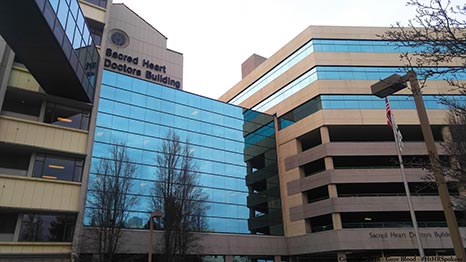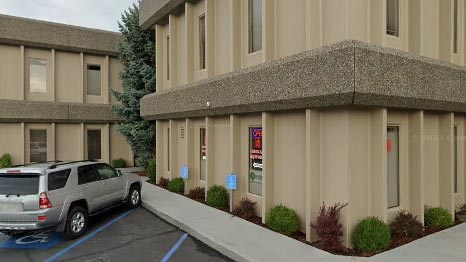Miscarriage
A miscarriage is the loss of pregnancy before 14 weeks. A Miscarriage may also be called a spontaneous abortion. Miscarriages are very common and happen in about 10% of known pregnancies.
Miscarriages happen for various reasons, but it is almost never the fault of the mother. Stress, working, exercise, injury, sex, or using birth control prior to pregnancy does not cause a miscarriage. Most miscarriages happen randomly and occur when the embryo does not develop correctly. You are more at risk from a miscarriage as you get older. The risk at age 40 of a miscarriage is 30%.
Symptoms and diagnosis
Symptoms of a miscarriage may include vaginal bleeding, abdominal cramping or the passage of tissue. If you experience these symptoms, please contact us or your health care provider. An ultrasound and HCG blood tests are often used to diagnose a miscarriage.
Ultrasounds are helpful when the pregnancy is far enough along to see a embryo or gestation (pregnancy) sac. If you are not far enough along in your pregnancy or if the ultrasound is inconclusive, you may need blood testing and a repeat ultrasound to determine the state of the pregnancy.
Treatment
The treatment options for miscarriage often depend of how far along you are in the pregnancy and if you are experiencing any complications. Here are the most common options for treatment:
- Expectant Management: Allowing your body to naturally pass the miscarriage with close monitoring. In some cases this may take up to 2 weeks.
- Medication: Some medication will help your body to recognize a miscarriage and start to pass the miscarriage. Again this is done with close monitoring and follow up.
- Surgical interventions: A D&C (dialation and curettage) is a procedure used to remove the miscarriage tissue from the uterus. You can choose this option at any time, but it is recommended if you are farther along in your pregnancy or are having complications with the miscarriage.
When to call your Provider during miscarriage
If you have excessive bleeding, severe cramping, or fever you should contact your provider immediately or go to the nearest emergency center.
Blood type and miscarriage (Rhogam Shot)
It is important to know your blood type if experiencing a miscarriage or any bleeding in pregnancy. If you have Rh negative blood type (i.e. O negative, A negative, AB negative, etc) you will need a special shot to prevent risk of complications with future pregnancies.
Coping with Miscarriage
A miscarriage can be very emotionally challenging. We are here to support you and help you through the process. It is important to allow yourself to grieve and seek support. We encourage you to talk to your partner, family or a close friend about your emotions as they can offer you support during this difficult time.
Future Pregnancies
In most cases, having a miscarriage does not increase your risk of having another miscarriage. Talk with your health care provider before trying for pregnancy again. Often you can try again in a few months after a miscarriage. If you have had multiple miscarriages you may need further evaluation and medication to help prevent miscarriages in the future.
A miscarriage is an emotionally stressful event even though it is very common. Please know that we are committed to helping you medically and mentally through this uncertain time.


